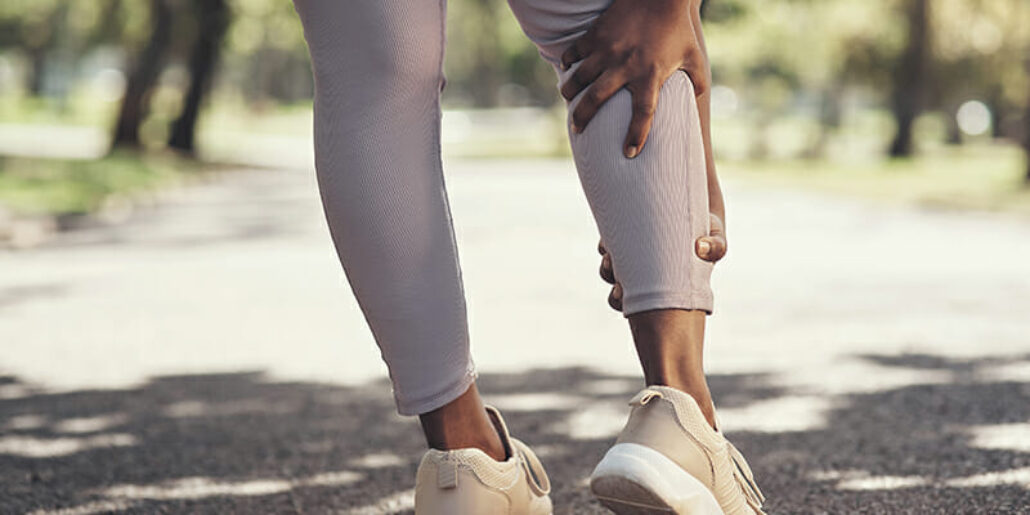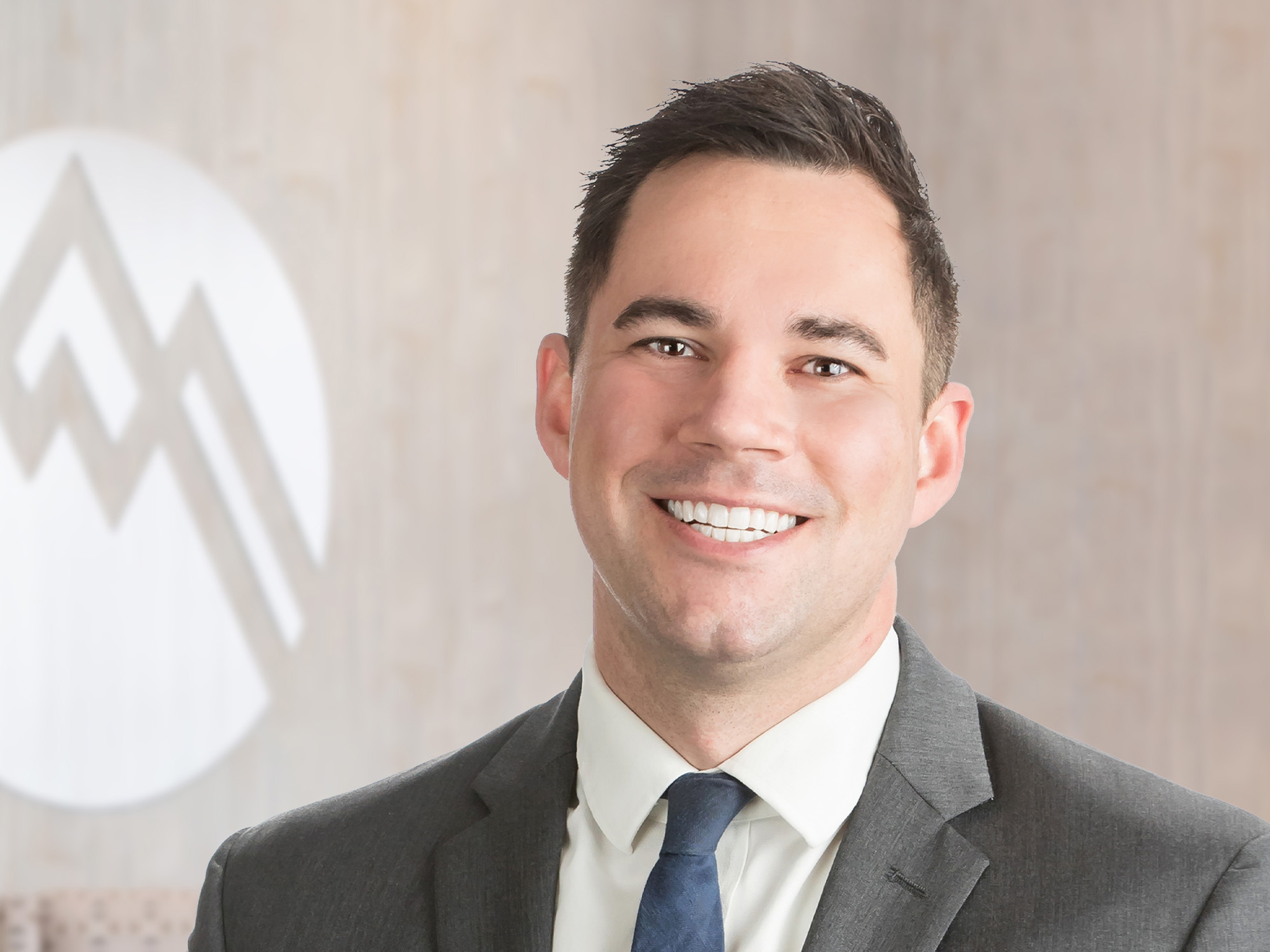Summit Orthopedics physical medicine and rehabilitation physician Daniel Probst, M.D., talks about why charley horses happen — and what to do about it.
It happens without warning, and it can happen at any time: when you are exercising, when you are sleeping, or when you are simply going about your day. Your calf suddenly seizes up, turning hard as a rock and hurting like crazy. If you’ve ever had one, you know that this description is referring to a charley horse. But what causes charley horses? More importantly, how can you stop them when they happen and prevent them from coming back?
What is a charley horse?
“A charley horse is a muscle spasm or a cramp in your lower leg, and it’s often acutely painful,” said Daniel Probst, M.D., a Summit Orthopedics physical medicine and rehabilitation (PM&R) specialist. “The muscle gets caught in a cycle of tight contraction, which causes pain.”
Doctors don’t know for sure what causes charley horses, and it varies from person to person. Historically charley horses were thought to be caused by electrolyte imbalances and dehydration. However, there is growing evidence that muscular fatigue and poor neuromuscular endurance can cause charley horses. Some medications or medical conditions can make charley horses more likely. They are also more common among athletes and pregnant women. In some cases, they may be caused by an imbalance of electrolytes in the body.
How can you treat a charley horse?
Charley horses seem to happen out of the blue, and they stop just as abruptly. Research is continuing into which treatments work best for charley horses. In the meantime, here are a few ideas to try:
- Gentle stretch. “Try slowly and gently stretching the muscle while it is happening,” Dr. Probst said.
- Some charley horse sufferers help the muscle to break out of the cycle of spasm by massaging it.
- Use heat. Heat can soothe and relax muscles, which may provide relief for a charley horse.
- Improve muscle endurance. Delaying fatigue in muscles can help to prevent charley horses.
- Stay hydrated. Dehydration may play a role in the development of charley horses. Staying hydrated throughout the day can help prevent it from happening.
- Manage electrolyte levels. Taking an electrolyte supplement may help, but, Dr. Probst cautions, don’t start taking this or any supplement without first talking with your doctor.
Of course, leg cramps or calf pain can also be caused by other conditions. So if pain in your calves isn’t going away, it’s time to talk with your doctor.
Summit Orthopedics offers comprehensive sports medicine expertise
From Olympians to pro athletes to kids in youth sports and those that just want to be more active—Summit Orthopedics delivers expert care by fellowship-trained sports medicine physicians. If you are recently injured or concerned about ongoing pain, Summit Orthopedics sports medicine specialists have the expertise to evaluate your discomfort and develop a plan to quickly and safely help you get back to being active.
Start your journey to stronger, healthier athletic condition. Find your sports medicine expert, request an appointment online, or call us at (651) 968–5201 to schedule a sports medicine consultation.
More resources for you:
- Check out this morning exercise to avoid calf pain.
- Find out how physical therapy can treat foot pain.

